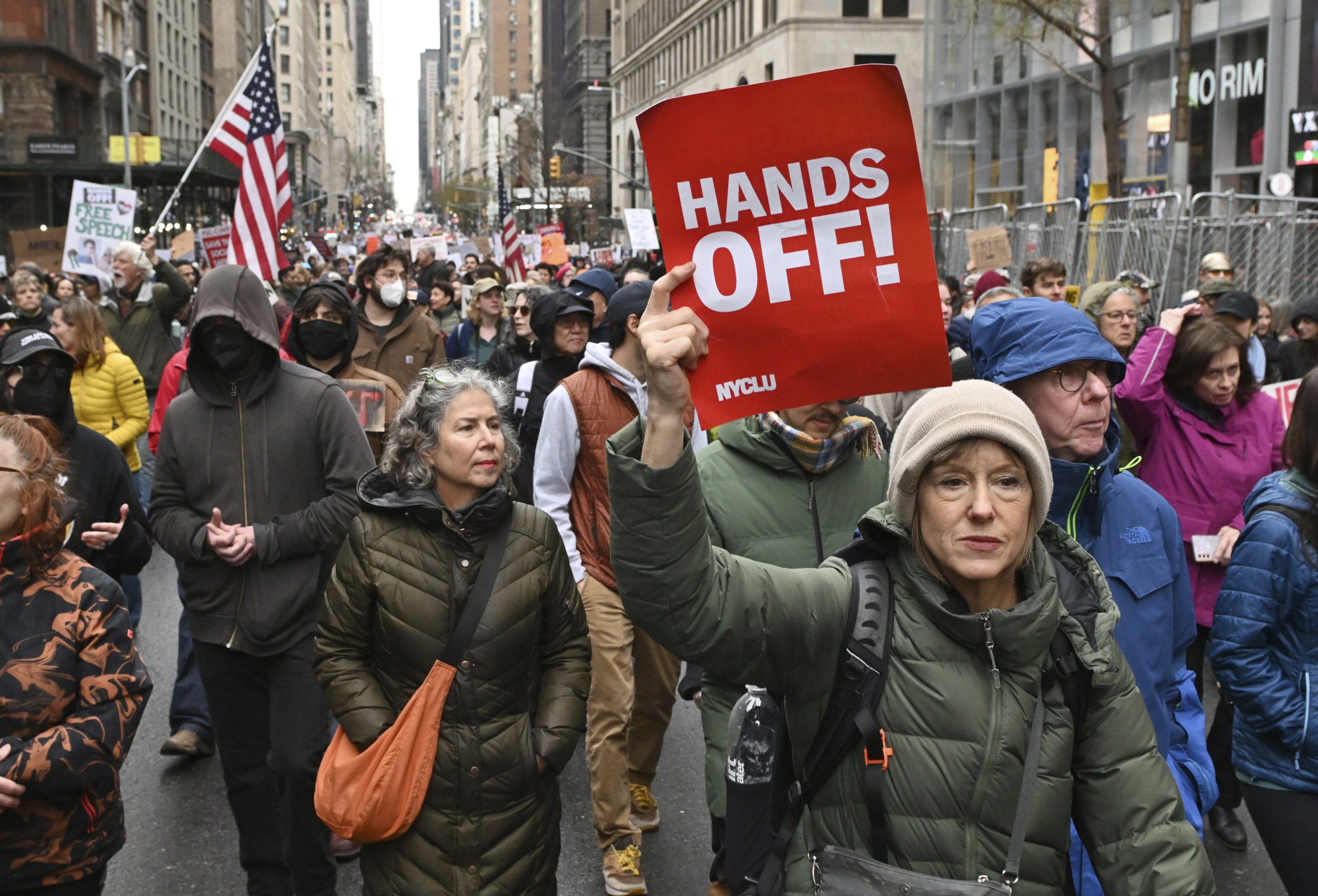

There is a fundamental difference between traditional media, such as news sites, newspapers, and magazines, and social media, meta, Twitter (X), and so on: Social media platforms do not produce content, but merely host content created by their users.
Although traditional media also earned only a relatively small portion of their profits from subscriptions (around 30-40% from people who paid for the content), the business model of social media is even more ad-driven.
Social media companies earn almost all of their revenue exclusively from ads and PR (public relations, i.e., influencing public opinion — what used to be called propaganda).
What I mean is that meta (Facebook, Instagram, WhatsApp…) or any other major social media company even gets paid to promote content provided by someone else.
In traditional media, this was called an advertorial – the only difference is that these hidden advertisements are now even more hidden because they no longer have to be labeled as such (this was required by law for traditional media, but is very easy to circumvent due to the way social media works).
Edit: in other words: if you have the funds, you could run whatever viewpoint you like on social media - but you have to deliver your own content or your own content creator aka influencer (maybe they provide even a copywriter or a face to go with it idk - but that’s extra for sure).














Can confirm